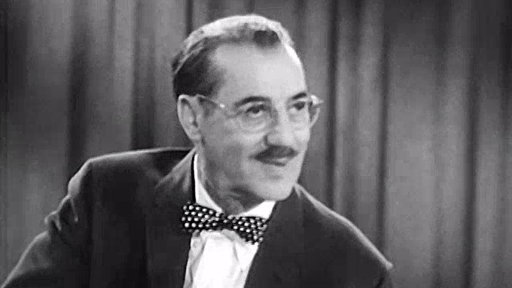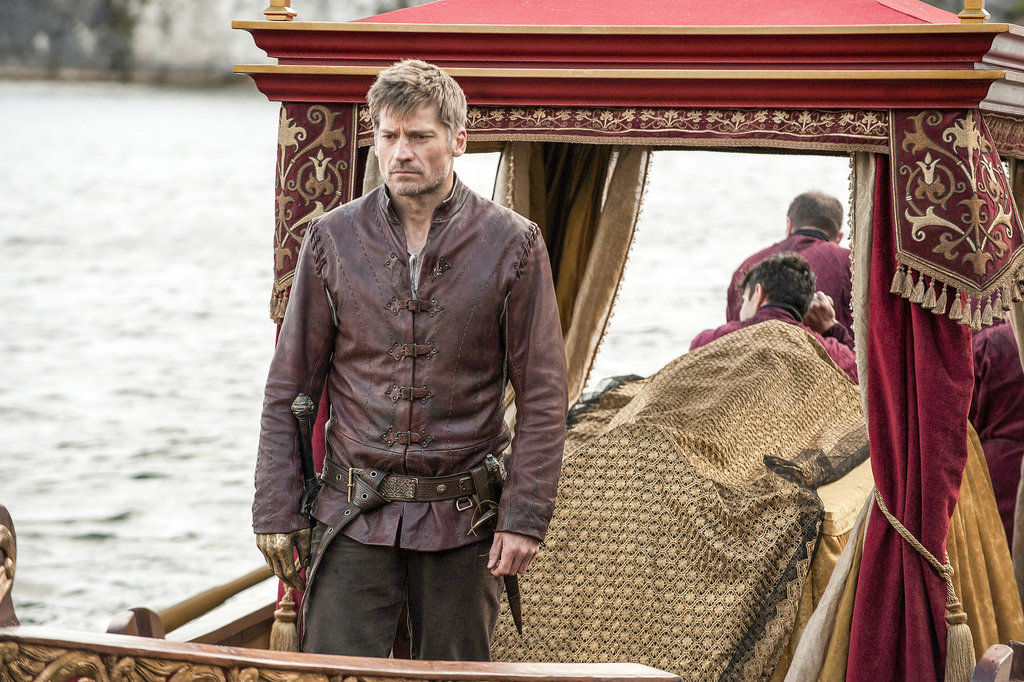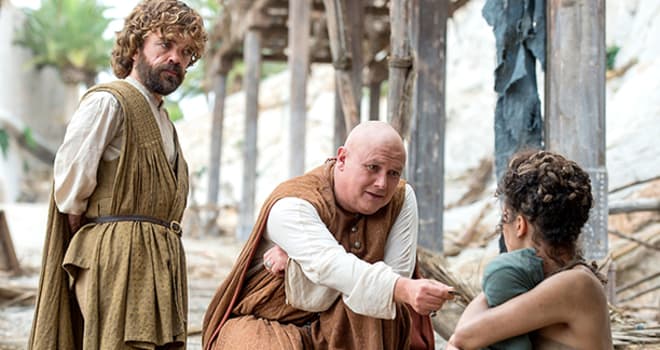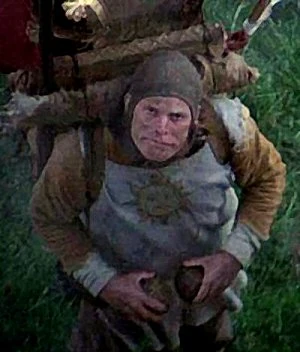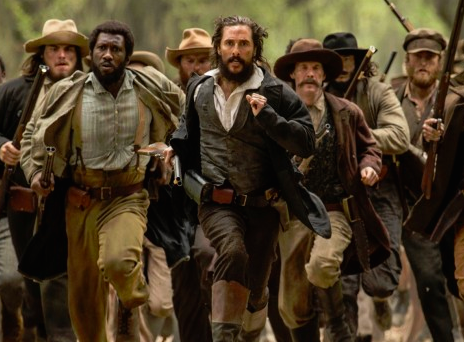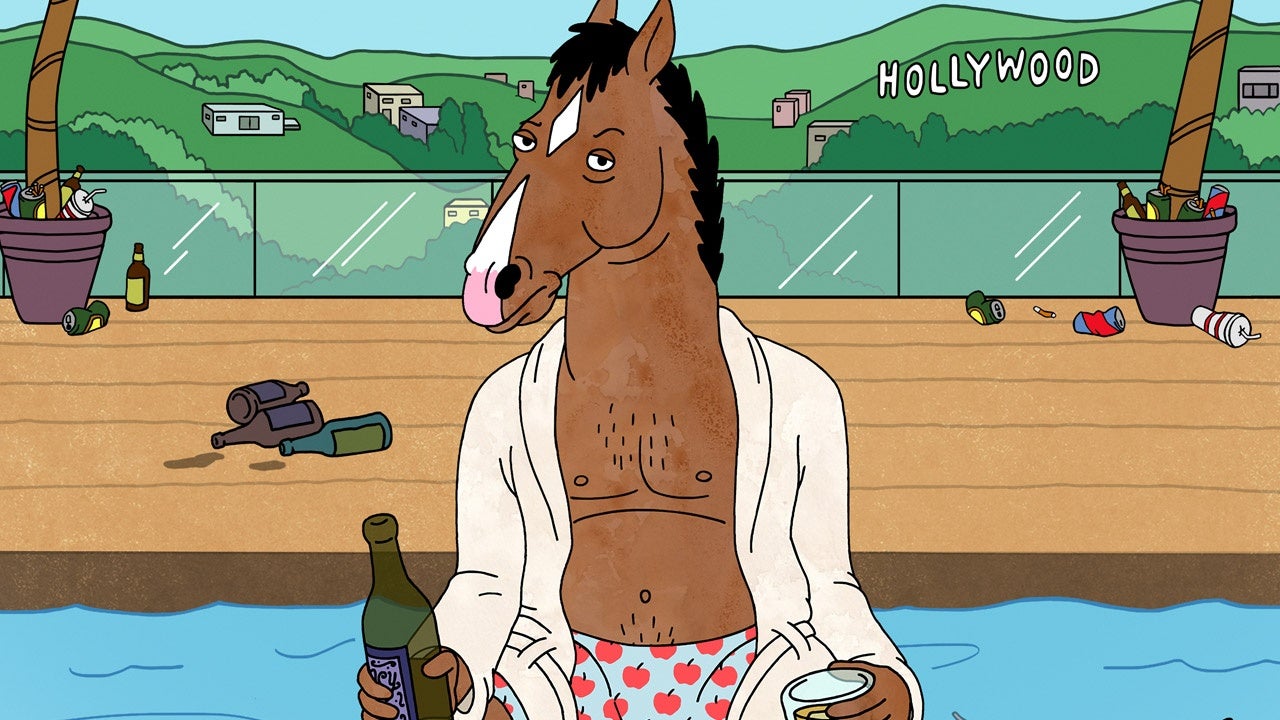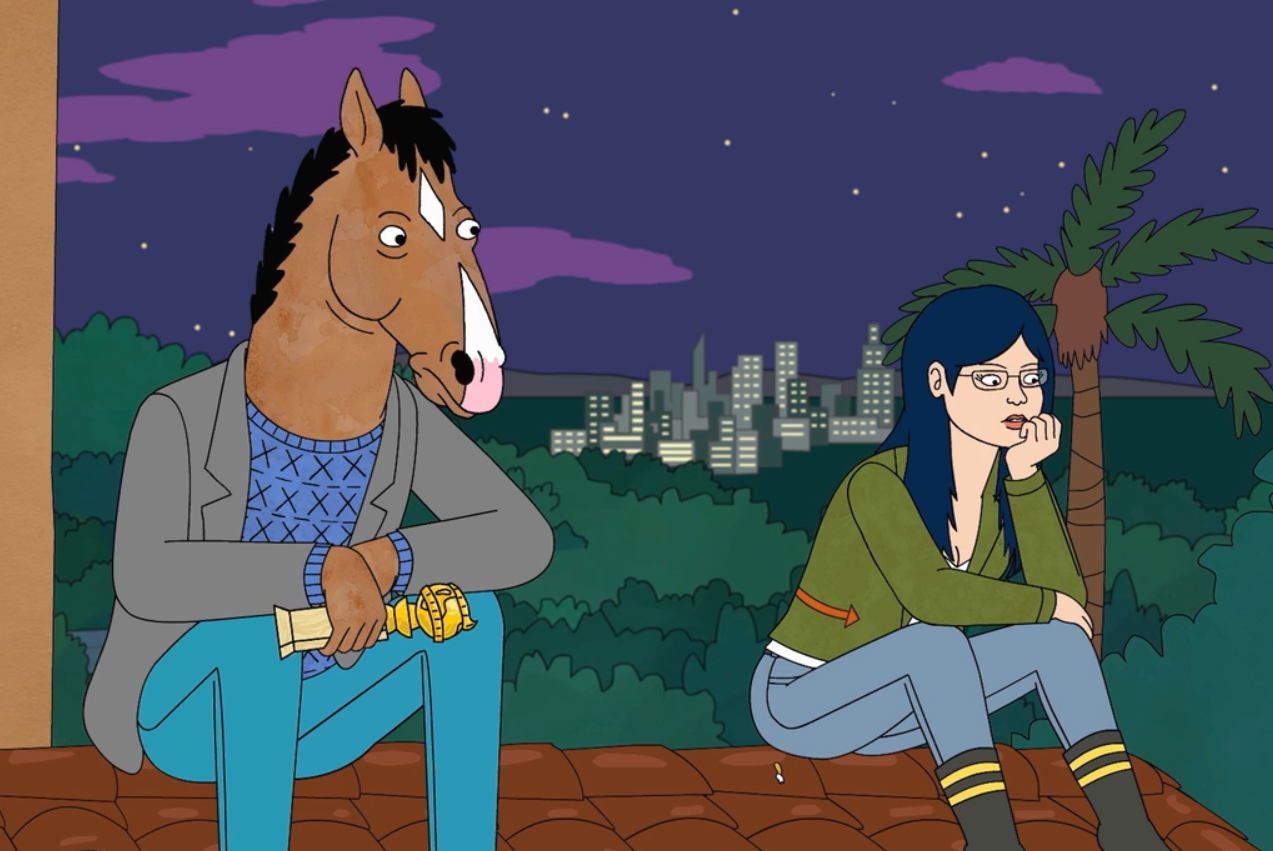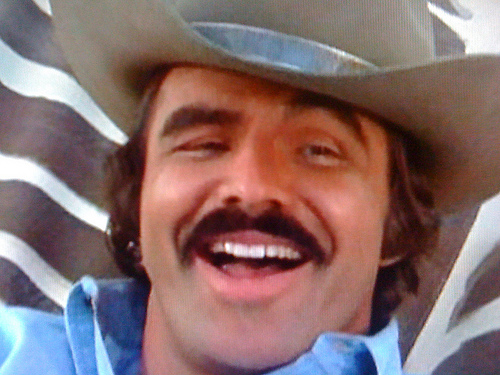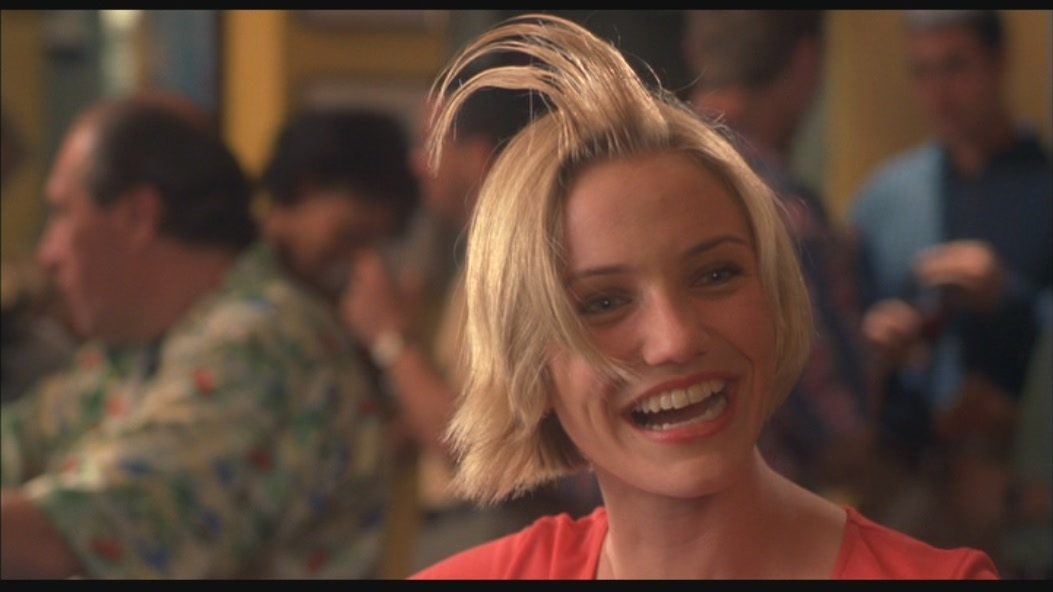Two TV hours I regularly watched just ended their seasons,
Vinyl and
Better Call Saul--both just before
Game Of Thrones starts up again, which will more than make up for the loss. That's because both, though entertaining, are seriously flawed. So let's look back and see if we can diagnose the problem. (Then lets hope the producers read this blog and take my advice.) Spoilers ahead.
Vinyl was the trumpeted new HBO show that crashed and burned--on a channel that needs a replacement when
Game Of Thrones leaves in a few years. (
GOT took over from the previous "big" show
The Sopranos). The premiere didn't get great numbers and they've been going down since. And the critics at first gave it passable grades, but then turned on it when they realized it had serious problems.
Regarding those ratings, there may not be much HBO can do. A show set in the music world of the early 70s may excite producers Mick Jagger and Martin Scorsese, but it just isn't interesting for most people under, say, 45 years of age. But since the show had a fancy pedigree and a lot of money behind it, it was enough to have HBO announce almost immediately there'd be a second season. They may be sorry at this point.
The showrunner, who's just been replaced (happily) is the too highly regarded Terence Winter. He worked on
The Sopranos and then created another show that had a lot of money and a fancy pedigree but didn't offer much beyond a period look--
Boardwalk Empire. Perhaps there's nothing that can save
Vinyl, but cleaning house is a start.
The show centers on Richie Finestra (Bobby Cannavale), who, in 1973, owns a record label he's about to sell for a load of money. Then he has a rock and roll epiphany and decides to keep it, even if this pisses off his partners who were about to cash out, and know the label isn't in the greatest shape. There are a lot of things wrong with this show, but the main thing--just about everyone agrees on this--is a plot point introduced in the debut: Richie takes part in a killing and covers it up, and the entire first season has him hunted by the authorities as he tries to hide his involvement.
Some plots are like hangnails--they're annoying but can be ignored most of the time. Others are like toothaches--they nag at you no matter what else is going on. The killing was a toothache. The first thing they need to do in season two is get Richie completely beyond it. The show is about the music industry--there can be gangsters involved, as happened in real life, but a murder investigation, or fear of reprisal, takes us away from where the real action should be.
Then there's Richie's marriage to Devon, played by the beautiful Olivia Wilde. I understand troubled marriages are a mainstay of drama, but does everything in Richie's life have to be so awful? Let them have problems, sure, but don't make it another grating part of the show when he's already got enough aggravation.
There's the setting in 1973, which is maybe a bad choice, though there's not much that can be done about it now. Sure, it was a fascinating time, and well-remembered by Jagger and Scorsese, but--while there was good music was being made--rock was in a decadent era, less interesting that the experimentation of the 60s and the punk revolution of the late 70s. Perhaps the show figured it would work up to the punk explosion, not to mention disco, but it meant the first season wasn't there yet.
Which is why it's weird, in one of the big plot developments, that Richie's big sign, the band that brings him around, is a fictional group called the Nasty Bits, who are punk a few years before labels started signing punks. Punk never sold that well anyway (especially in America), but having it be a breakthrough in 1973 is silly.
Then there are the drugs. True, the 70s were the heyday of drugs in the recording industry, but having Richie hooked on top of his other problems doesn't help. I'm sure in the writers' room (or the HBO suites where the executives work?) they all thought it would be great to load Richie down with every problem imaginable, but that's not how drama necessarily works. Yes, you need some internal conflicts, where a man fights his nature, but if you play it too heavy, the guy just comes across as a jerk. Better is a talented, professional guy working at the top of his game who still finds it hard to succeed because there are external problems (in addition to internal ones) that make life tough for everyone at his level.

There's also the question of the musical interludes, or fever dreams, or whatever you call them, where--unrelated to the plot--we hear classic rock music and see someone dressed as the original singer perform it. I'm sure when the show was being created, or pitched, this was considered a major plus factor. But like, say, Jerry Seinfeld's stand-up on
Seinfeld, a selling point can be the first thing that goes. On the other hand, as long as they're kept down to a minimum, I like these brief interludes, so whoever is taking over the show, don't lose them. Same for cameos of famous people of the time. Though the trick is mixing fictional musical acts with real ones, and there's no easy answer as how you can do that--if you ignore them the show is too fictional, but if you use them it can take you out of the show, plus you can only change what actually happened so much.
Basically I'm saying the second season should concentrate on how hard it is to run a record label. Show all aspects of the music industry--not just recording the artists--and have the staff fight and feud but also tend to work together against tough odds. And every character at the label (which should mean most of the regulars) should become part of this concept-- right now only about half the characters work as is, and some that could be interesting, such as Lester, make no sense (a former blues singer and friend of Richie's who gets back in Richie's life as the manager of a punk band? Ridiculous).
Then there's
Better Call Saul, an even better show, but even less necessary than
Vinyl. That's because we already know where Jimmy and Mike will end up, so the only mystery is the path there, which isn't nearly as compelling as not knowing what path your leads will take.
Truth is, once a character is established, I don't really need to know--or care much--about how he got there. I accept him as is, that's enough. Nine times out of ten your explanation as to how he got this way will just make he seem more like a big whiner. Boo-hoo, you had problems in the past, and that made you this way. As far as I'm concerned, the Saul Goodman of
Breaking Bad had the simplest origin story of all--he got out of law school and decided the best way to make money was to be a crooked lawyer, so he changed his name to get clients and did whatever he had to do. In fact, the original concept for the show sounds better--just showing Saul's crooked practice, and making it a comedy. (And I still don't get why he went underground at the end of
Breaking Bad.)
Instead, we get this circuitous path that turns Jimmy McGill into Saul Goodman--and after two seasons he hasn't even thought about changing his name. The big drama in his life is his jealous brother, Chuck, who also has a mental condition where he believes he's allergic to electricity. (Some people who commented on the show in the first season actually thought it'd be revealed his condition was real, apparently forgetting
Better Call Saul was fiction, not science fiction.)
I don't care about Chuck and his never-ending battle to destroy Jimmy. It just gets in the way of better stories. But, in addition, that so much of the plot has to deal with his mental condition turns him from a hangnail to a toothache. I have no sympathy for his character, even if some of the producers may think he's got some sort of point--he's a total jerk and the show would be much better if he blew his brains out. Instead, we got a finale where (to absolutely no one's surprise) he's still going after Jimmy, and, if anything, has stepped up his game. It's almost enough to make me quit the show right now.
There's also Jimmy's girlfriend and fellow lawyer Kim Wexler, whom I don't especially care for but who at least isn't as awful as Chuck. The only drama, aside from how Jimmy becomes Saul, is when will he lose Kim and Chuck, and how will he lose them--not that compelling compared to, say, Walter White's plight.
Mike is a lot better. There was some interest in the first season when they answered how he got kicked off the police force back east, as hinted at in
Breaking Bad. But now that he's in New Mexico and on his own, he's allowed to have whatever adventures they want to give him--essentially the concept that Saul could have had. Let Mike be Mike.
The writers on
Better Call Saul are better at both character and plot than the writers on
Vinyl, but I still don't like the choices they've made. Maybe they'll move beyond it in season three, but they don't seem interested in taking another path.
PS My report on the first season of
Supergirl: Melissa Benoist is still very hot.


